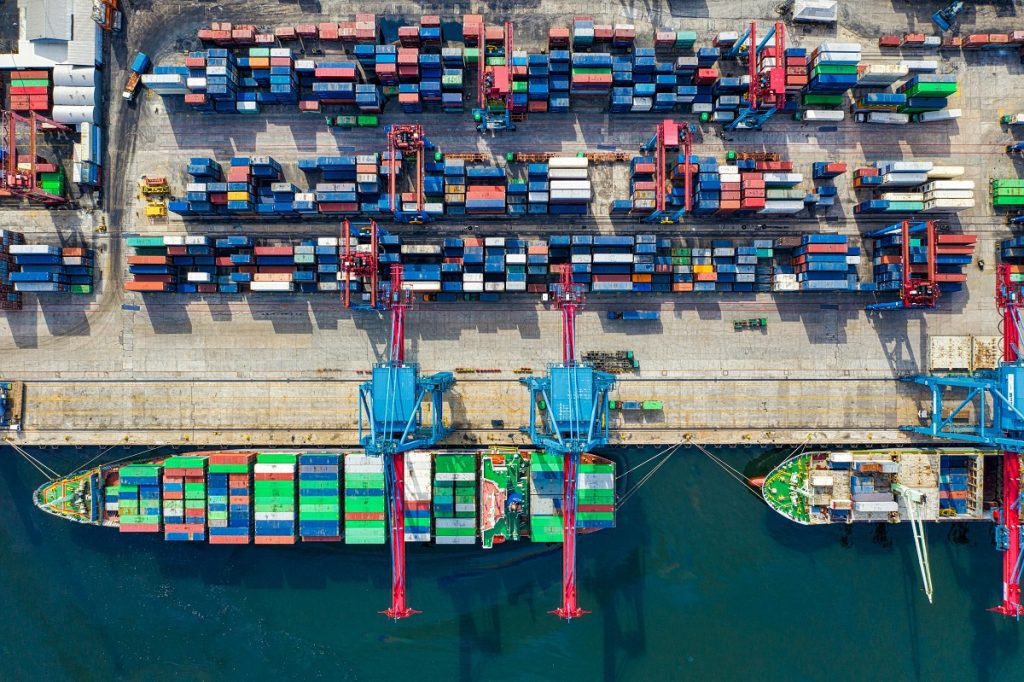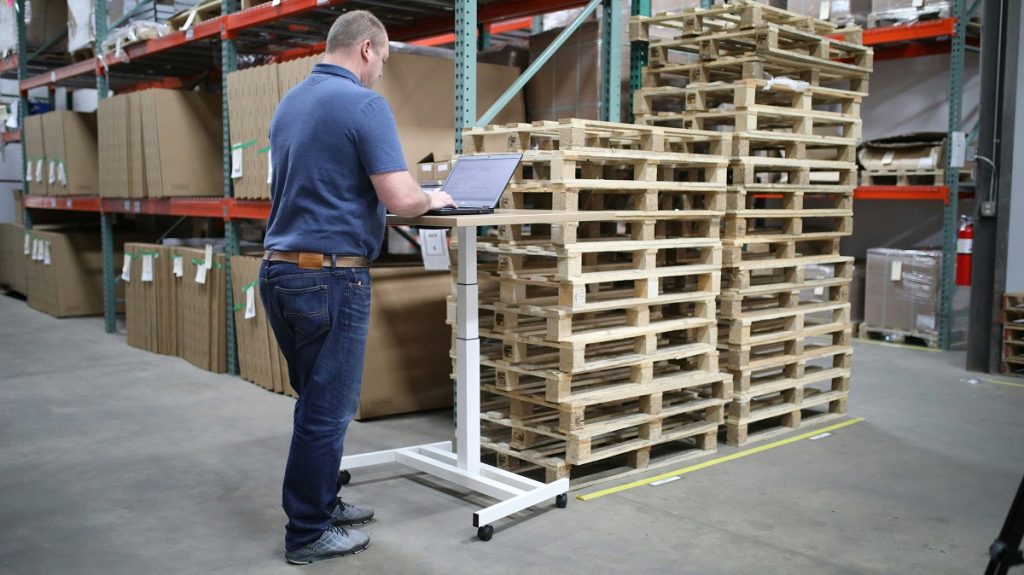Behind the Scenes of Productivity: The Unsung Heroes in Your Supply Chain


- Chain technologies are revolutionizing supply chains through efficiency and transparency.
- AI enables predictive analytics for smarter decision-making in supply chain management.
- IoT creates a network of intelligent assets for real-time information and improved decision-making.
- Blockchain enhances visibility, accountability, and trust by creating an indelible record of transactions in the supply chain.
In the relentless pulse of the business world, where every second counts and competition is unyielding, the mastery of supply chain efficiency distinguishes stellar enterprises from the rest. It is a symphony of precision, coordination, and adaptation that resonates from the origin of a product to the eager hands of the customer. Supply chains are the circulatory systems of today’s global economy, and their optimal function is vital for a company’s productivity and customer satisfaction.
The Critical Role of Supply Chain Efficiency
Unbeknownst to many outside the field, the supply chain’s choreography is intricate and multifaceted, touching nearly every facet of a business. A robust and agile supply chain can lower costs, enhance customer service, and drive revenue. These benefits are particularly evident in nations like Singapore, where supply chain efficiency has reached new pinnacles, thanks to relentless innovation and strategic investments.
Singapore’s Model of Excellence
Singapore’s small size belies its immense impact on the global supply chain. With cutting-edge infrastructure, technology, and a strategic location, it has become a beacon for supply chain excellence. The city-state stands as a living testament to the fact that, even on a global scale, a country can bolster its economy by fortifying the backbone of its logistical mechanisms.
Unveiling the Key Players in Enhancing Supply Chain Productivity

Productivity in the supply chain realm is not solely the outcome of human toil but also the integration and alignment of different components. It’s time to shed light on the ‘unsung heroes’ who work tirelessly to keep the wheels turning efficiently.
1. Material Handling Equipment
Material handling equipment encompasses machines, vehicles, storage equipment, and accessories used to move, protect, store, and control product flow throughout manufacturing, distribution consumption, and disposal. These workhorses are often unseen linchpins, but they play a critical role in controlling inventory, speeding the movement of products, and reducing the need for manual labor.
2. Inventory Management Systems
An efficient supply chain operates on the foundation of a well-oiled inventory management system. Advanced systems, powered by technology, can keep track of stock levels and manage your company’s inventory, purchasing, and sales. The result is a sharp reduction in errors, waste minimization, and the ability to maintain optimal stocking levels.
3. Logistics and Distribution Strategies
In a world of just-in-time manufacturing and globalized markets, logistical strategies dictate efficiency. The integration of technology, from GPS tracking to sophisticated route optimization software, has transformed the very fabric of logistics. These tools allow for precise monitoring and intervention, ensuring that products make their journeys seamlessly and effectively.
4. Supplier Relationship Management
Effective supply chain management hinges on the nature of relationships with suppliers. A well-managed and collaborative supplier network can result in improved quality, lower costs, enhanced innovation, and, most importantly, greater trust and reliability in the supply chain.
The Impact of Technology and Innovation on Supply Chain Efficiency

The supply chain landscape is witnessing an era of unprecedented change, driven largely by technological innovation. Artificial Intelligence (AI), Internet of Things (IoT), and blockchain technologies are revolutionizing processes and promising to bring a new level of efficiency and transparency to supply chains.
AI: The Forecasting Prophet
AI holds the key to predictive analytics, giving businesses the power to foresee and forestall potential supply chain disruptions. With AI, companies can make informed decisions and optimize their supply chain management philosophy for better efficiency.
The Internet of Things
The Internet of Things (IoT) is connecting devices across the supply chain to create a network of intelligent assets. This connectivity can provide real-time information on the status and location of goods in transit, leading to smarter decision-making and improved overall efficiency.
Blockchain: Tracing the Path
Blockchain is enhancing visibility and accountability by creating an indelible record of transactions and movements. In doing so, it builds trust and allows for the instant and secure sharing of information across the supply chain network.
The Way Forward
In this dynamic ecosystem, where change is the only constant, businesses must continually reevaluate and upgrade their supply chain strategies. Failure to do so not only risks inefficiency and cost escalation but market relevance itself. To emerge as a champion of productivity, it is time for organizations to acknowledge these ‘unsung heroes’ and equip them for the challenges of tomorrow.


